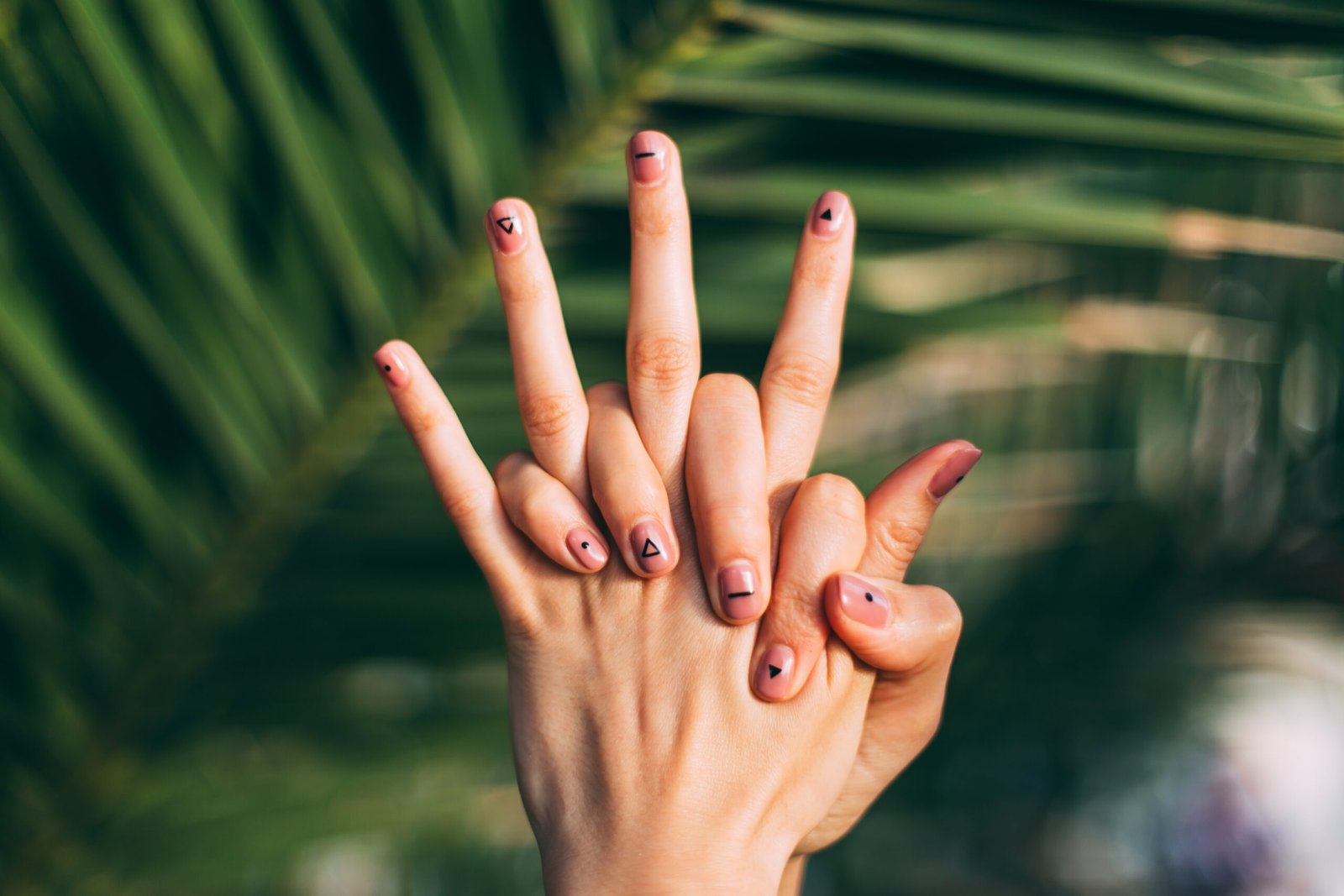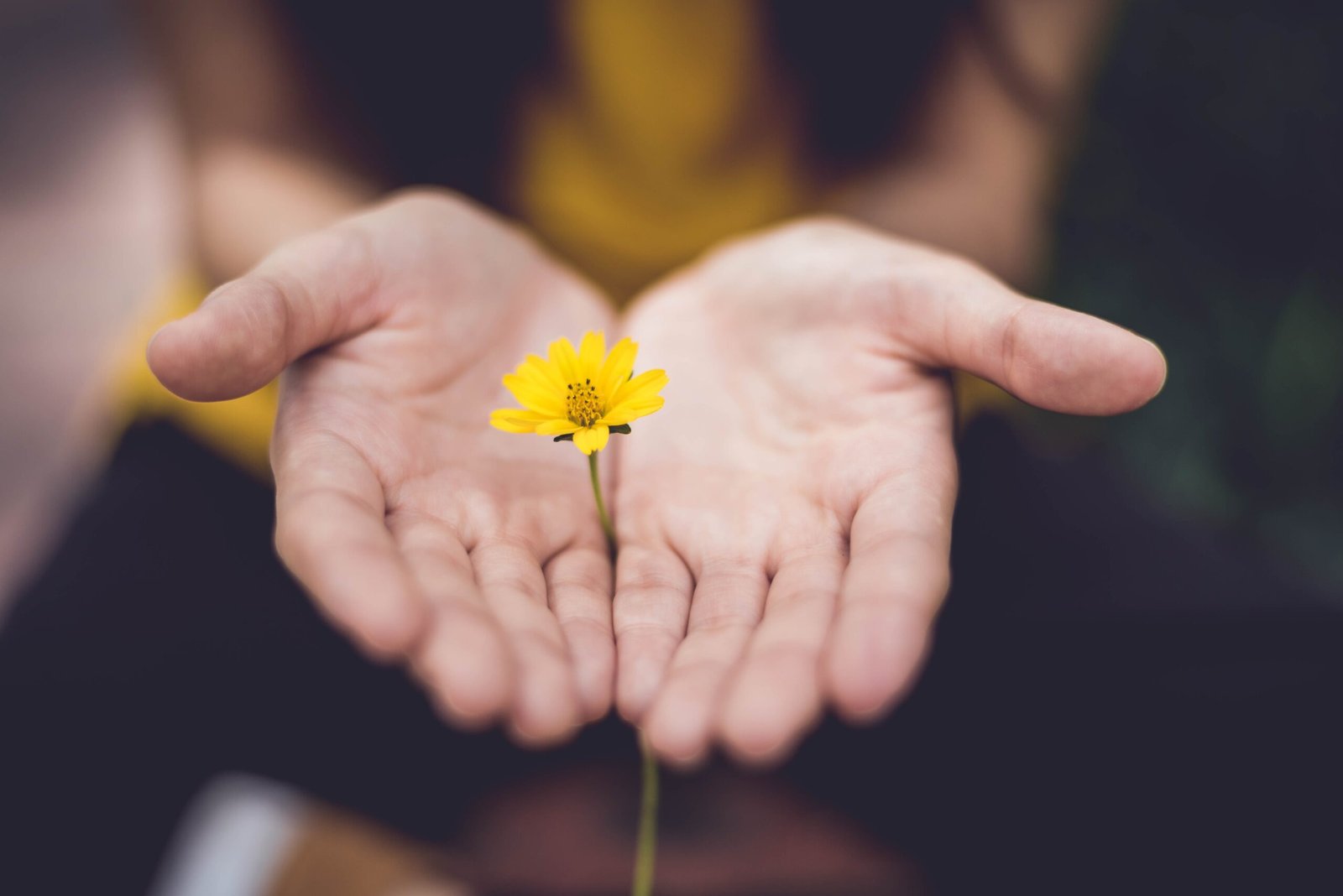Are you curious about the potential link between gout and kidney stones? Well, get ready to satisfy your curiosity, because in this article, we'll explore whether these two painful conditions are interconnected. Gout, a form of arthritis caused by a buildup of uric acid crystals in the joints, and kidney stones, solid masses made up of calcium crystals, are both known for their excruciating pain. But could there be more to their connection than just their ability to inflict agony? Let's find out.

Overview
Definition of gout
Gout is a form of arthritis characterized by sudden and severe pain, redness, and swelling in the joints. It occurs due to the buildup of uric acid crystals in the joints, which causes inflammation and leads to the symptoms of gout.
Definition of kidney stones
Kidney stones, on the other hand, are hard deposits that form in the kidneys. They are made up of minerals and salts, such as calcium, oxalate, and uric acid. When these substances become concentrated in the urine, they can form stones, which can cause severe pain when they pass through the urinary tract.
Similarities
Uric acid as a common factor
One similarity between gout and kidney stones is the involvement of uric acid. Uric acid is a waste product that is normally excreted through the kidneys. However, in both gout and kidney stones, there is an imbalance in uric acid levels, leading to its accumulation and subsequent formation of crystals.
Pain and discomfort experienced
Both gout and kidney stones are known for causing intense pain and discomfort. In the case of gout, the pain typically affects one joint, most commonly the big toe. The pain is often described as throbbing, and even the slightest touch can be excruciating. Similarly, kidney stones can cause severe pain when they pass through the urinary tract, leading to symptoms such as sharp lower back pain and pain during urination.
Risk Factors
High purine diet
A high purine diet is a common risk factor for both gout and kidney stones. Purines are naturally occurring substances found in certain foods, such as organ meats, seafood, and some vegetables. When purines are broken down, they produce uric acid as a byproduct. Consuming an excessive amount of purine-rich foods can increase uric acid levels, leading to the formation of crystals in the joints or kidneys.
Obesity and metabolic syndrome
Obesity and metabolic syndrome, which includes conditions like high blood pressure, high cholesterol, and insulin resistance, are also risk factors for both gout and kidney stones. These conditions can lead to an increased production of uric acid and a decreased ability to excrete it, contributing to the development of gout and kidney stones.
Family history
Having a family history of gout or kidney stones can also increase one's risk of developing these conditions. Genetic factors can play a role in the body's ability to produce and process uric acid, making some individuals more susceptible to developing gout or kidney stones.
Pathophysiology
Uric acid crystal formation
In both gout and kidney stones, the accumulation of uric acid can lead to the formation of crystals. In gout, the crystals form in the joints, causing inflammation and the characteristic symptoms of the condition. In kidney stones, the crystals can join together and form solid masses, which can then become lodged in the urinary tract, causing obstruction and pain.
Hyperuricemia and urate deposition
Hyperuricemia, which refers to elevated levels of uric acid in the blood, is a common underlying factor in both gout and kidney stones. When uric acid levels exceed the saturation point, it can no longer remain dissolved in the blood and begins to deposit in tissues, joints, or the urinary tract. These deposits can lead to the development of gout or kidney stones.
Calcium stone formation
While gout is primarily caused by the buildup of uric acid crystals, kidney stones can also be formed by other substances, such as calcium. Calcium stones are the most common type of kidney stones and can result from an excess of calcium in the urine or an imbalance in other substances, such as oxalate or phosphate.

Clinical Presentation
Symptoms of gout
The symptoms of gout often come on suddenly and can be quite severe. Common symptoms include intense joint pain, typically in the big toe but can also affect other joints like the ankle, knee, or wrist. The affected joint may be red, swollen, and warm to the touch. Some individuals may also experience recurring gout attacks, with periods of remission in between.
Symptoms of kidney stones
The symptoms of kidney stones can vary depending on the size and location of the stone. Common symptoms include severe pain in the back or side, often radiating to the lower abdomen and groin. Other symptoms may include blood in the urine, frequent urination, and a persistent urge to urinate. In some cases, small kidney stones may pass without causing symptoms, while larger stones may require medical intervention.
Diagnosis
Physical examination and medical history
To diagnose gout or kidney stones, a healthcare provider will typically start by taking a detailed medical history and conducting a physical examination. They will ask about your symptoms, when they started, and any factors that may trigger or worsen them. They will also examine the affected joints or perform a thorough abdominal examination in the case of suspected kidney stones.
Blood and urine tests
Blood and urine tests are commonly used to help diagnose gout and kidney stones. In the case of gout, blood tests may reveal elevated levels of uric acid, while urine tests can help assess uric acid and other metabolic markers. For kidney stones, urine tests can help identify the presence of blood, infection, or substances that may contribute to stone formation, such as calcium or oxalate.
Imaging studies
Imaging studies, such as X-rays, ultrasound, or CT scans, may be ordered to visualize the joints or urinary tract and detect the presence of crystals or stones. These imaging modalities can help determine the size, location, and number of stones present, as well as guide treatment decisions.
Treatment
Lifestyle modifications
Lifestyle modifications play a crucial role in the management of both gout and kidney stones. For gout, these may include maintaining a healthy weight, avoiding purine-rich foods, limiting alcohol consumption, and staying hydrated. For kidney stones, lifestyle modifications may involve increasing fluid intake, reducing sodium and animal protein consumption, and following a diet low in oxalate, depending on the type of stone.
Medications
Medications are often prescribed to manage the symptoms and underlying causes of gout and kidney stones. Nonsteroidal anti-inflammatory drugs (NSAIDs) are commonly used to relieve pain and reduce inflammation in gout. In some cases, medications that lower uric acid levels, such as allopurinol or febuxostat, may be prescribed to prevent gout attacks. For kidney stones, medications may be prescribed to alleviate pain, promote stone passage, or prevent further stone formation.
Surgical interventions
In certain cases, surgical interventions may be necessary for the treatment of gout or kidney stones. For gout, joint drainage or injections of corticosteroids may be performed to relieve pain and inflammation. In the case of kidney stones, procedures such as shock wave lithotripsy, ureteroscopy, or percutaneous nephrolithotomy may be used to break up or remove larger stones that cannot pass naturally.
Prevention
Dietary changes
Making dietary changes is an important aspect of preventing both gout and kidney stones. Avoiding or limiting foods high in purines, such as organ meats, shellfish, and certain vegetables like asparagus and mushrooms, can help reduce the risk of gout. For kidney stones, adopting a diet low in sodium, animal protein, and oxalate can help prevent further stone formation.
Hydration
Proper hydration is crucial in the prevention of both gout and kidney stones. Drinking an adequate amount of water helps dilute urine and reduce the concentration of substances that can contribute to crystal or stone formation. It is recommended to drink enough water to produce 2-2.5 liters of urine per day, unless there are specific medical conditions limiting fluid intake.
Medication use
In some cases, medications may be prescribed to prevent the recurrence of gout or kidney stones. These medications, such as allopurinol or thiazide diuretics, work by reducing uric acid or other metabolic contributors to stone formation. Adherence to prescribed medications and regular follow-up with healthcare providers are essential in preventing future episodes.
Complications
Tophi formation
If gout is left untreated or poorly managed, it can lead to the formation of tophi. Tophi are chalky deposits of uric acid crystals that can develop in the joints, skin, or other tissues. They can cause chronic pain, joint deformity, and limit mobility. Proper treatment and management of gout can help prevent the formation of tophi.
Recurrence of kidney stones
One of the main complications of kidney stones is the recurrence of stone formation. If the underlying factors contributing to stone formation are not addressed, individuals with a history of kidney stones may be at a higher risk of developing new stones in the future. Regular follow-up with healthcare providers, adherence to lifestyle modifications, and medication use as prescribed can help reduce the risk of stone recurrence.
Conclusion
In conclusion, there is indeed a connection between gout and kidney stones. Both conditions involve the accumulation of uric acid, which can lead to crystal formation and subsequent pain and discomfort. Understanding the risk factors, pathophysiology, clinical presentation, and treatment options for gout and kidney stones is crucial in effectively managing these conditions and preventing complications. By adopting healthy lifestyle habits, following a balanced diet, staying properly hydrated, and adhering to prescribed medications, individuals can mitigate the risk of developing gout or kidney stones and improve their overall quality of life.

